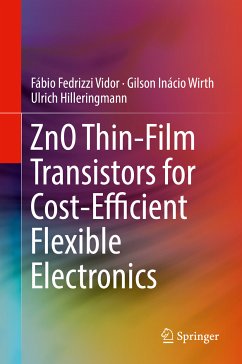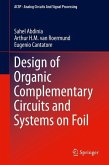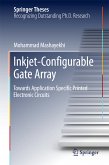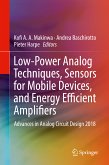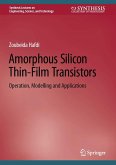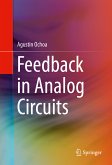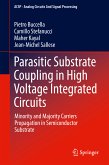This book describes the integration, characterization and analysis of cost-efficient thin-film transistors (TFTs), applying zinc oxide as active semiconductors. The authors discuss soluble gate dielectrics, ZnO precursors, and dispersions containing nanostructures of the material, while different transistor configurations are analyzed with respect to their integration, compatibility, and device performance. Additionally, simple circuits (inverters and ring oscillators) and a complementary design employing (in)organic semiconducting materials are presented and discussed. Readers will benefit from concise information on cost-efficient materials and processes, applied in flexible and transparent electronic technology, such as the use of solution-based materials and dispersion containing nanostructures, as well as discussion of the physical fundamentals responsible for the operation of the thin-film transistors and the non-idealities of the device.
Dieser Download kann aus rechtlichen Gründen nur mit Rechnungsadresse in A, B, BG, CY, CZ, D, DK, EW, E, FIN, F, GR, HR, H, IRL, I, LT, L, LR, M, NL, PL, P, R, S, SLO, SK ausgeliefert werden.

